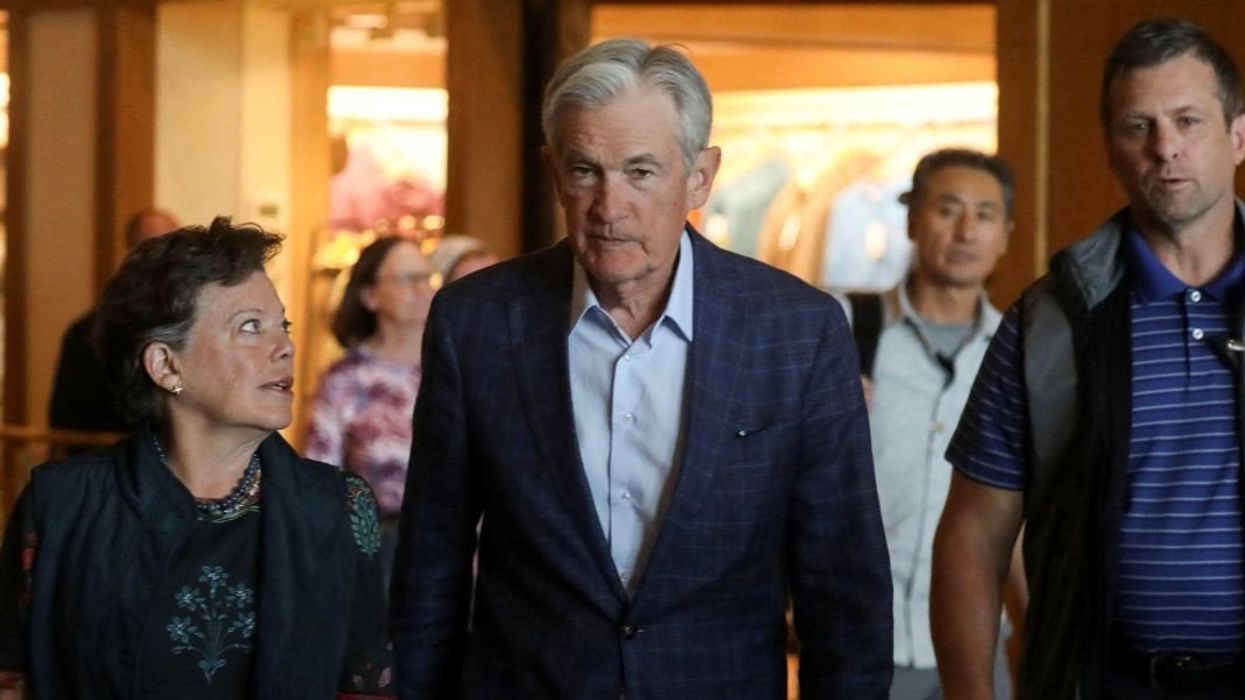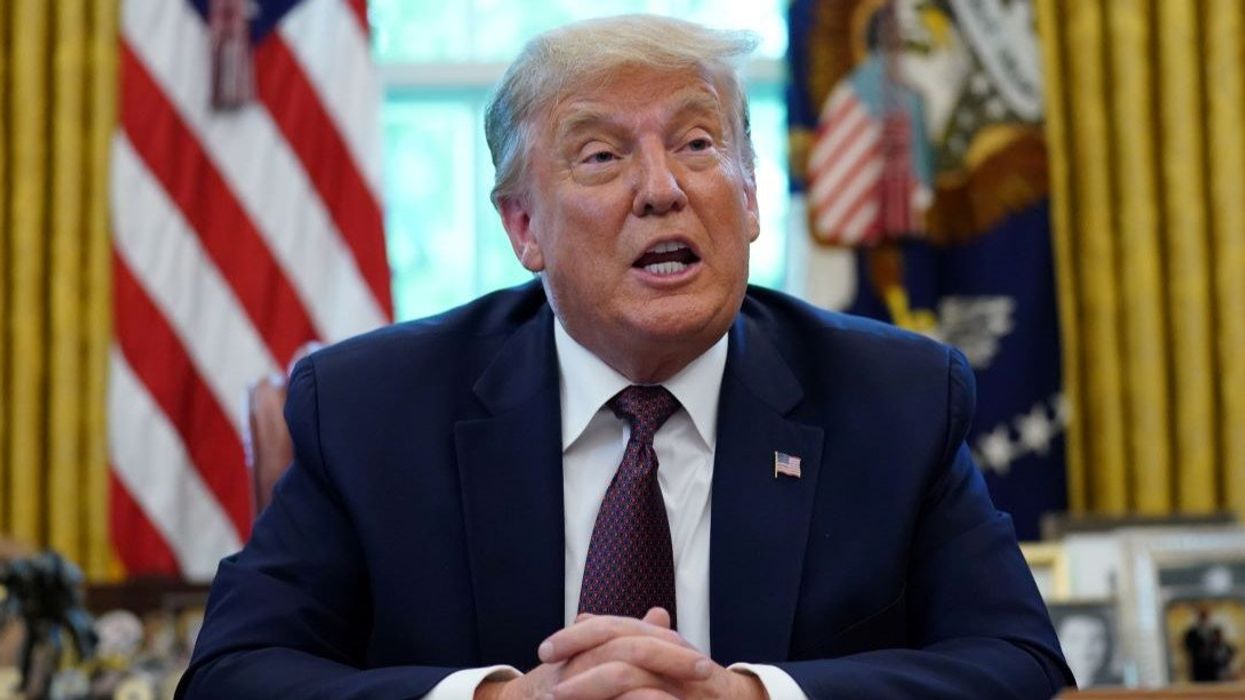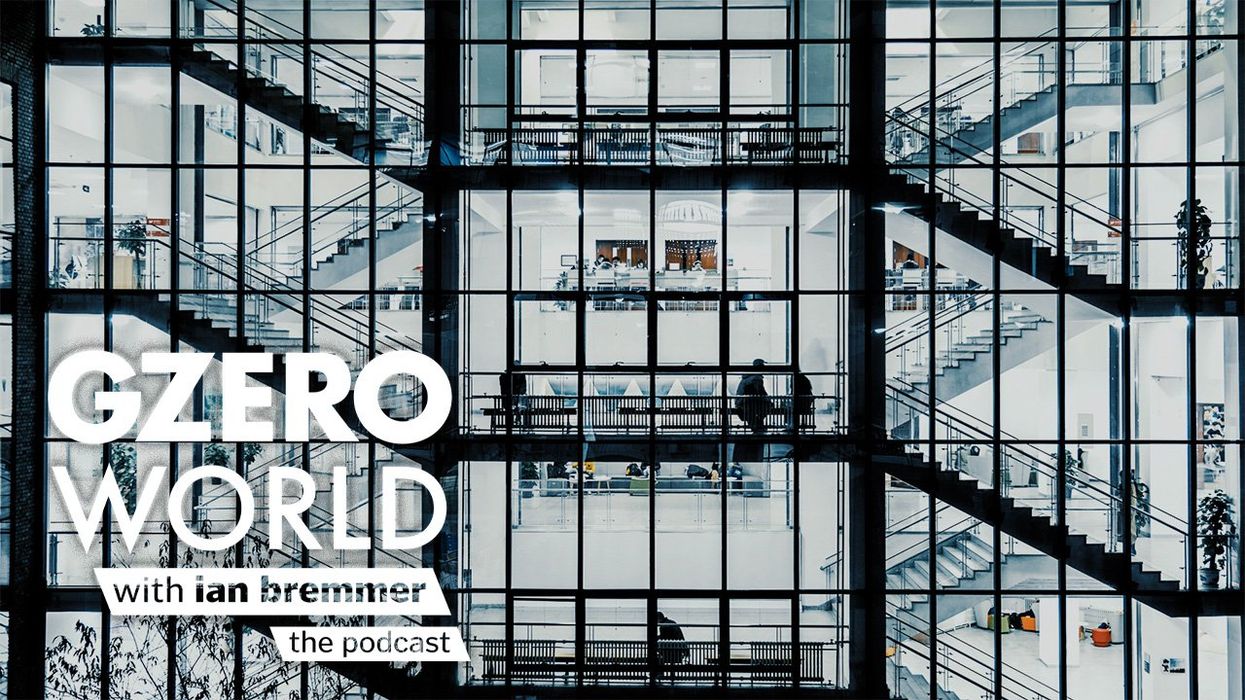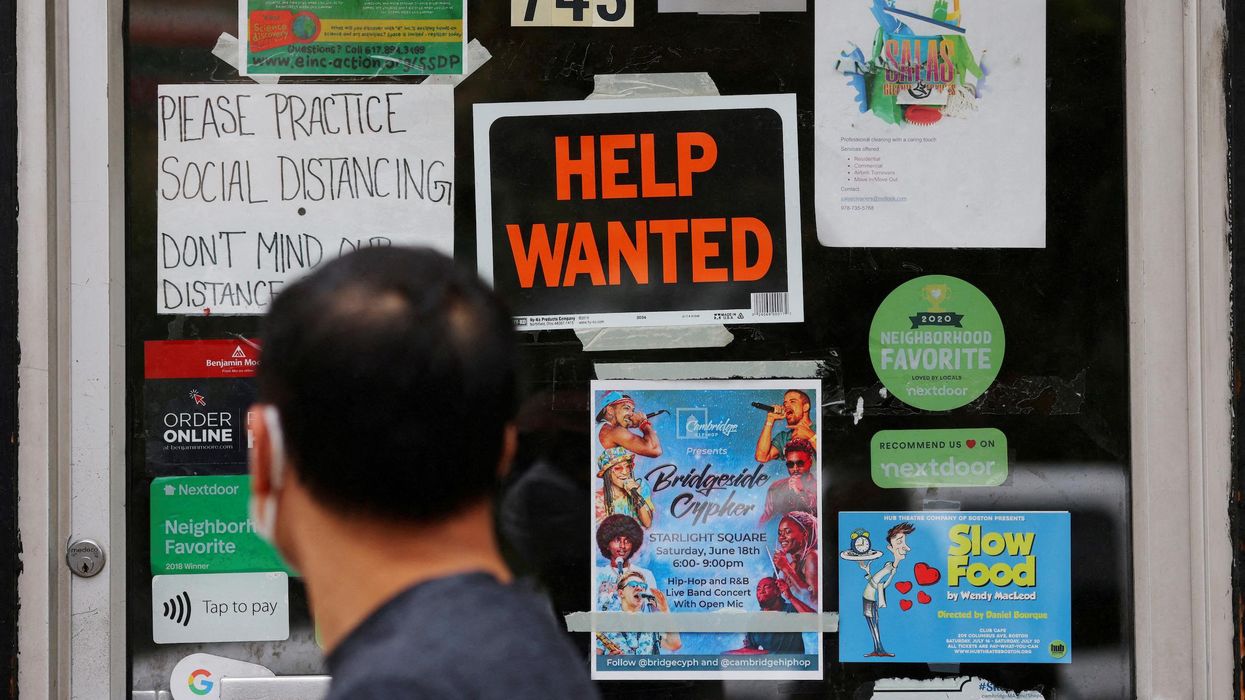What We're Watching
What We’re Watching: Powell signals rate cuts, Sri Lanka’s anti-corruption push, Gaza starvation confirmed
Federal Reserve Chair Jerome Powell signaled the central bank could cut rates as soon as next month during his annual Jackson Hole address, pointing to a slowing labor market and the risk that tariffs could push prices higher.
Aug 22, 2025





